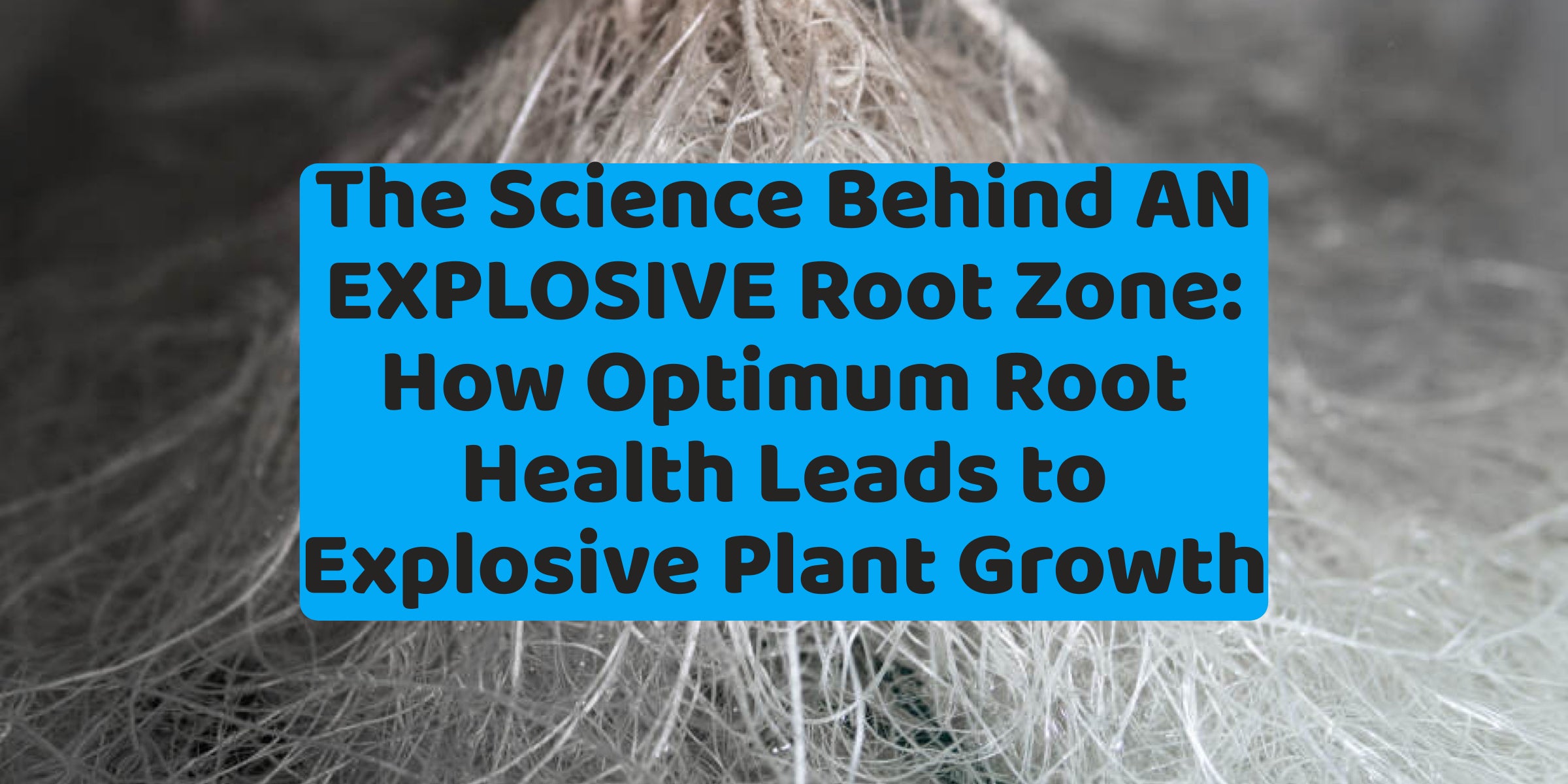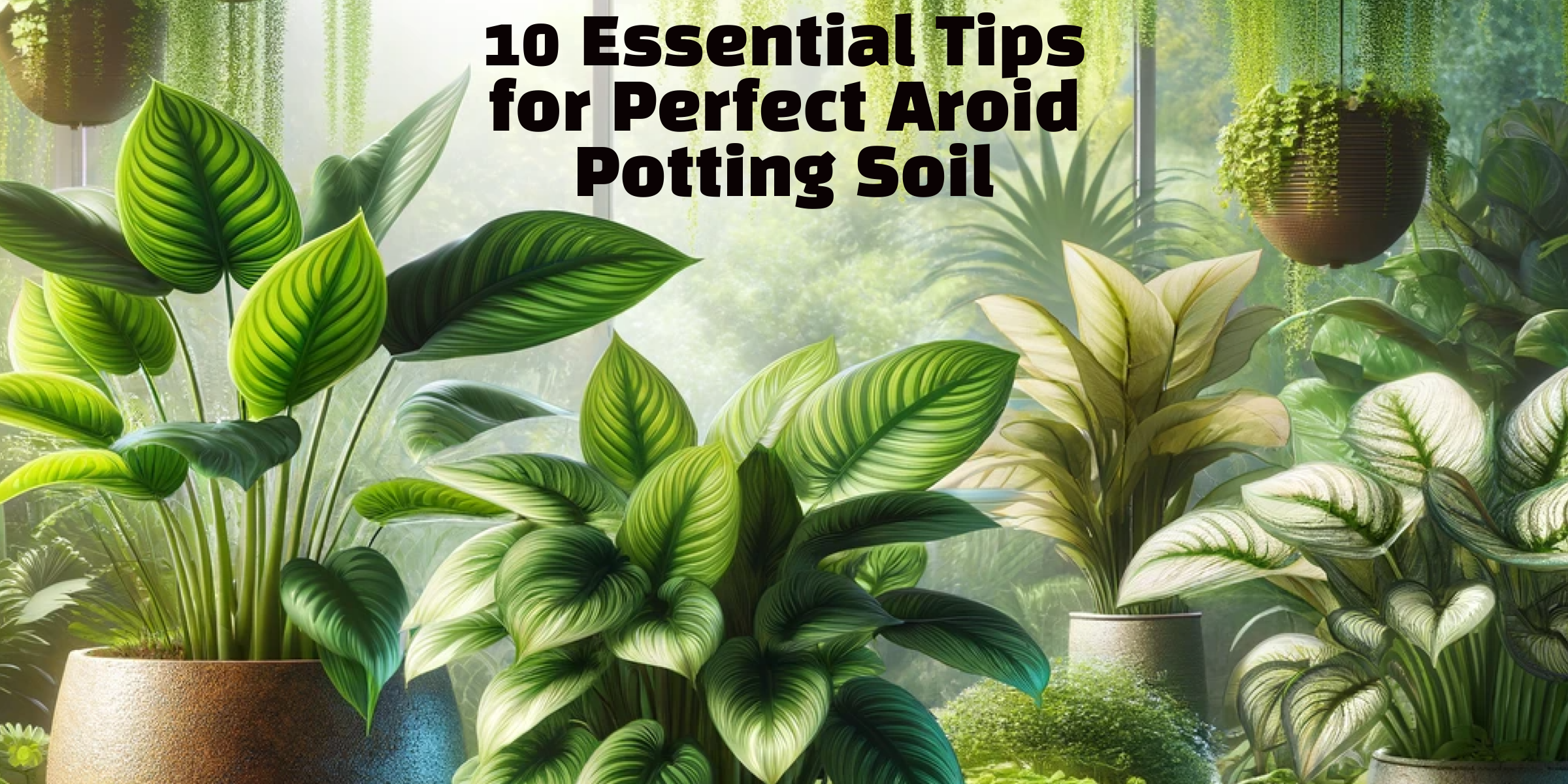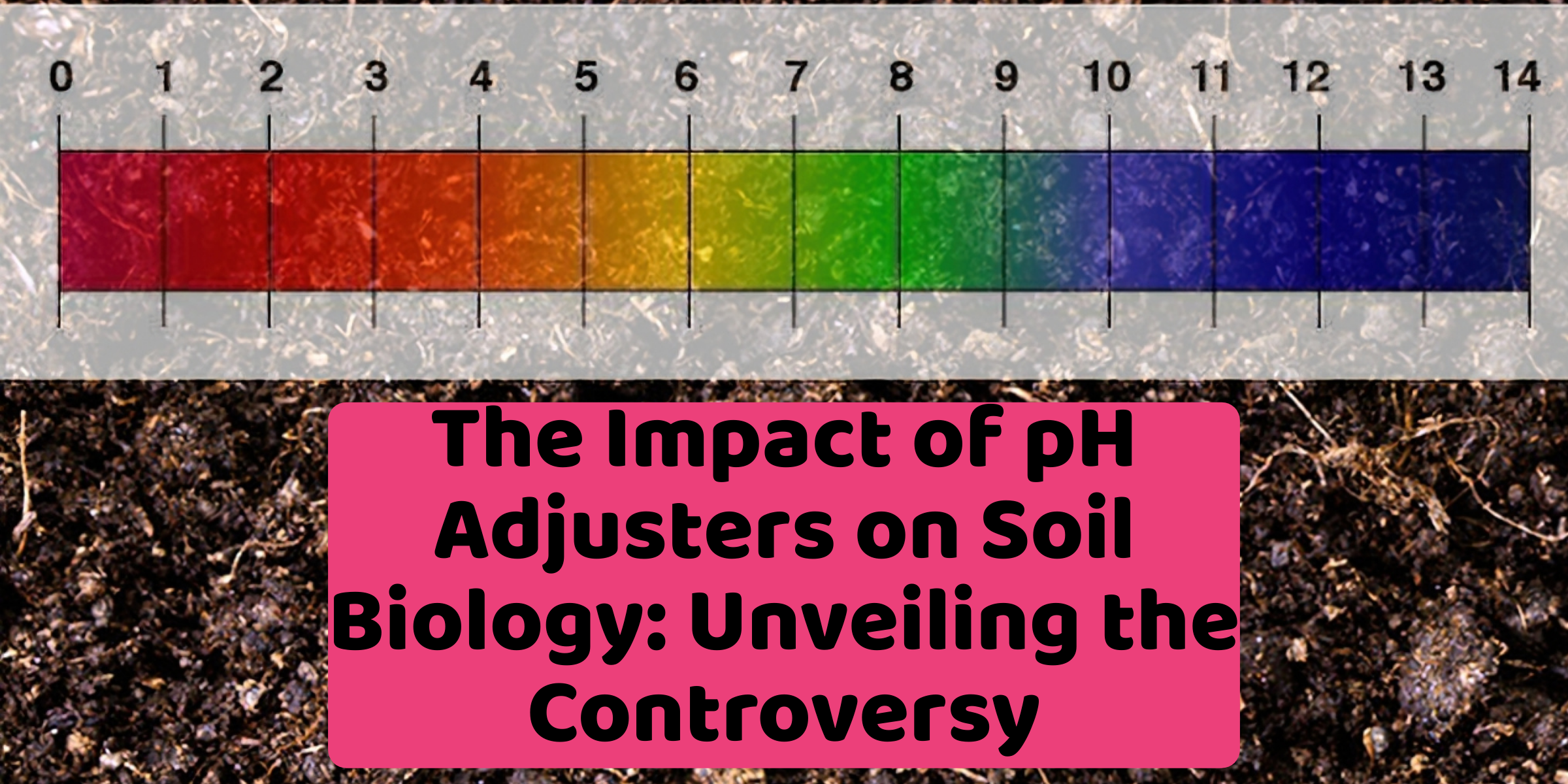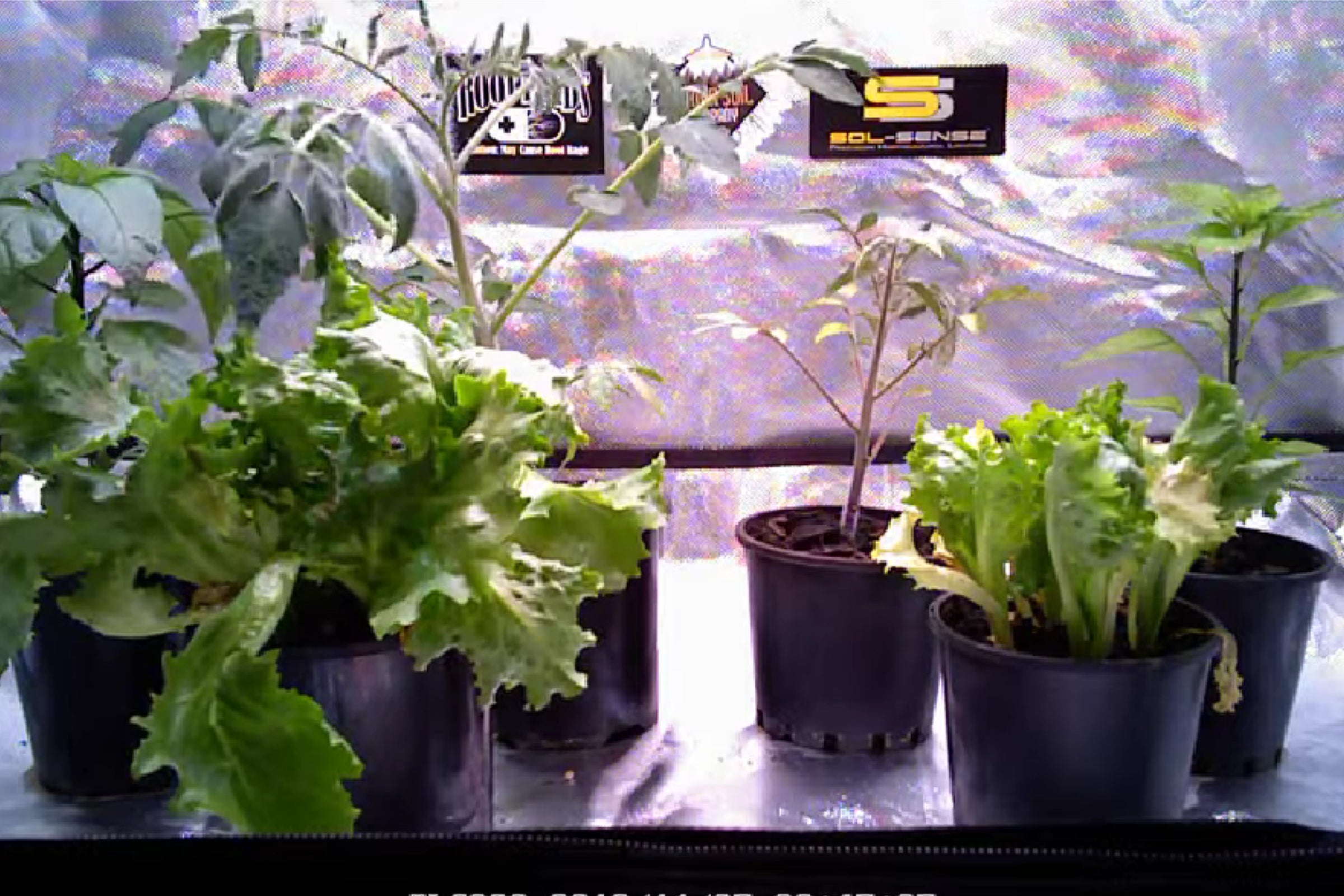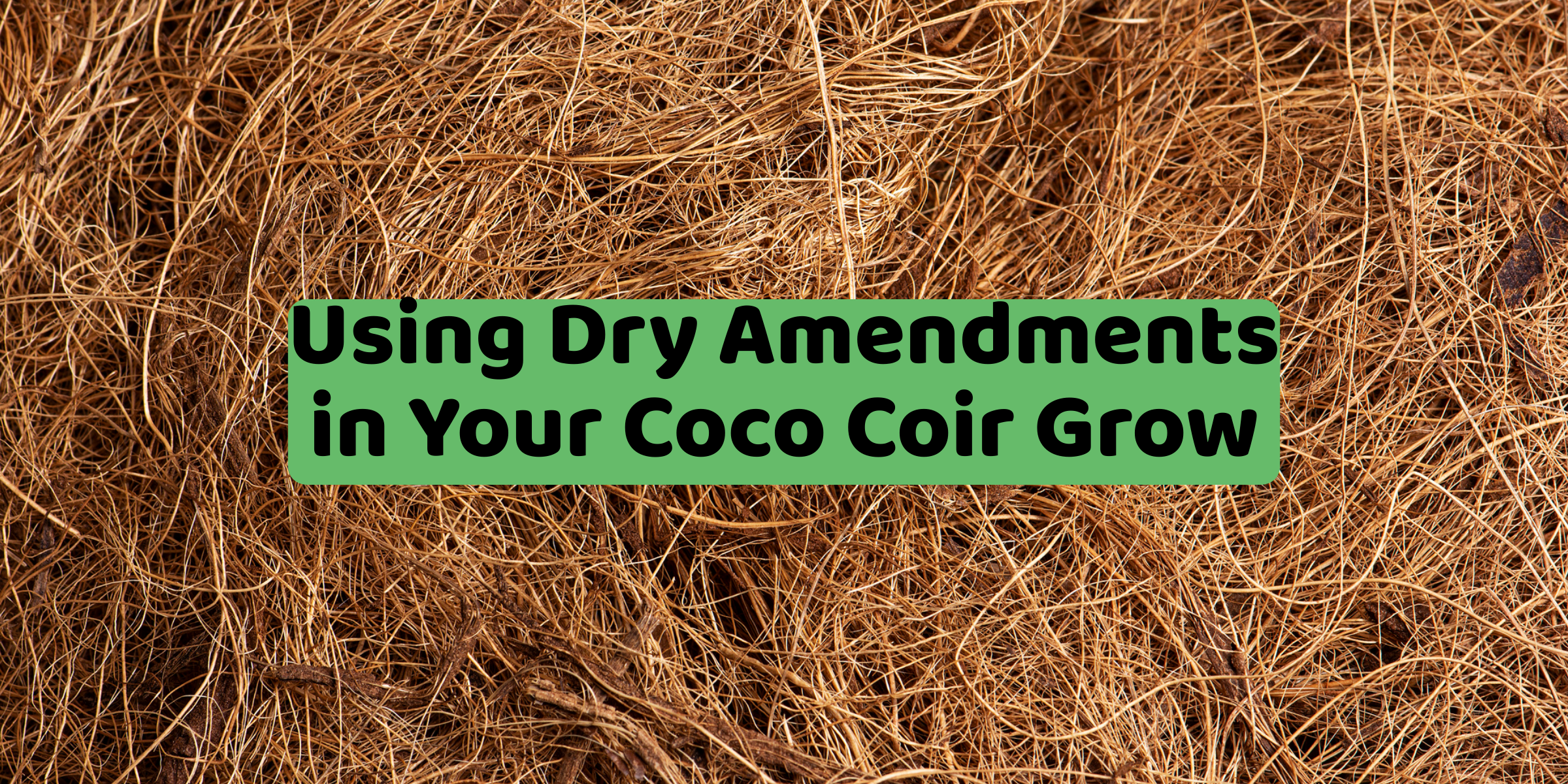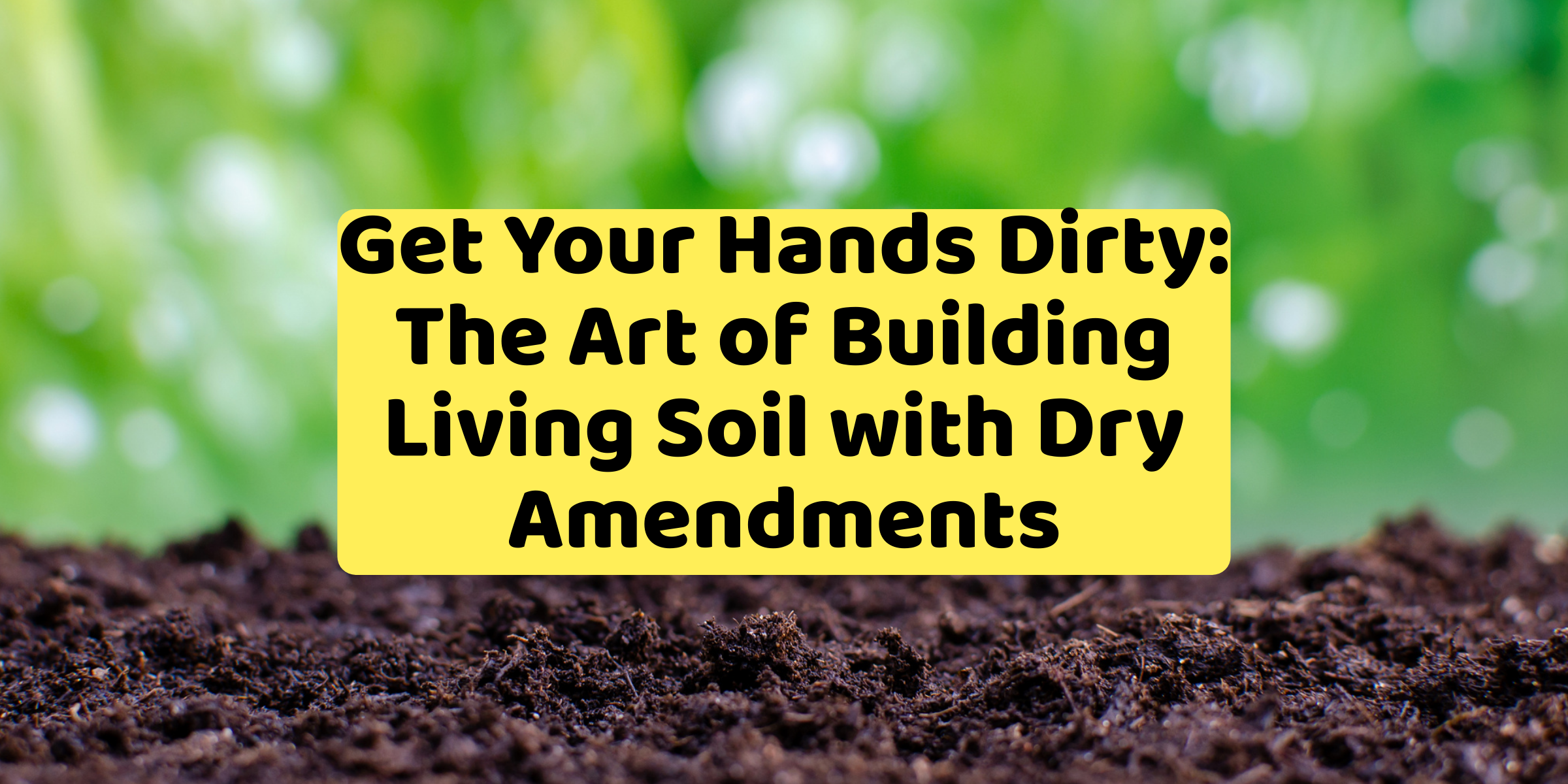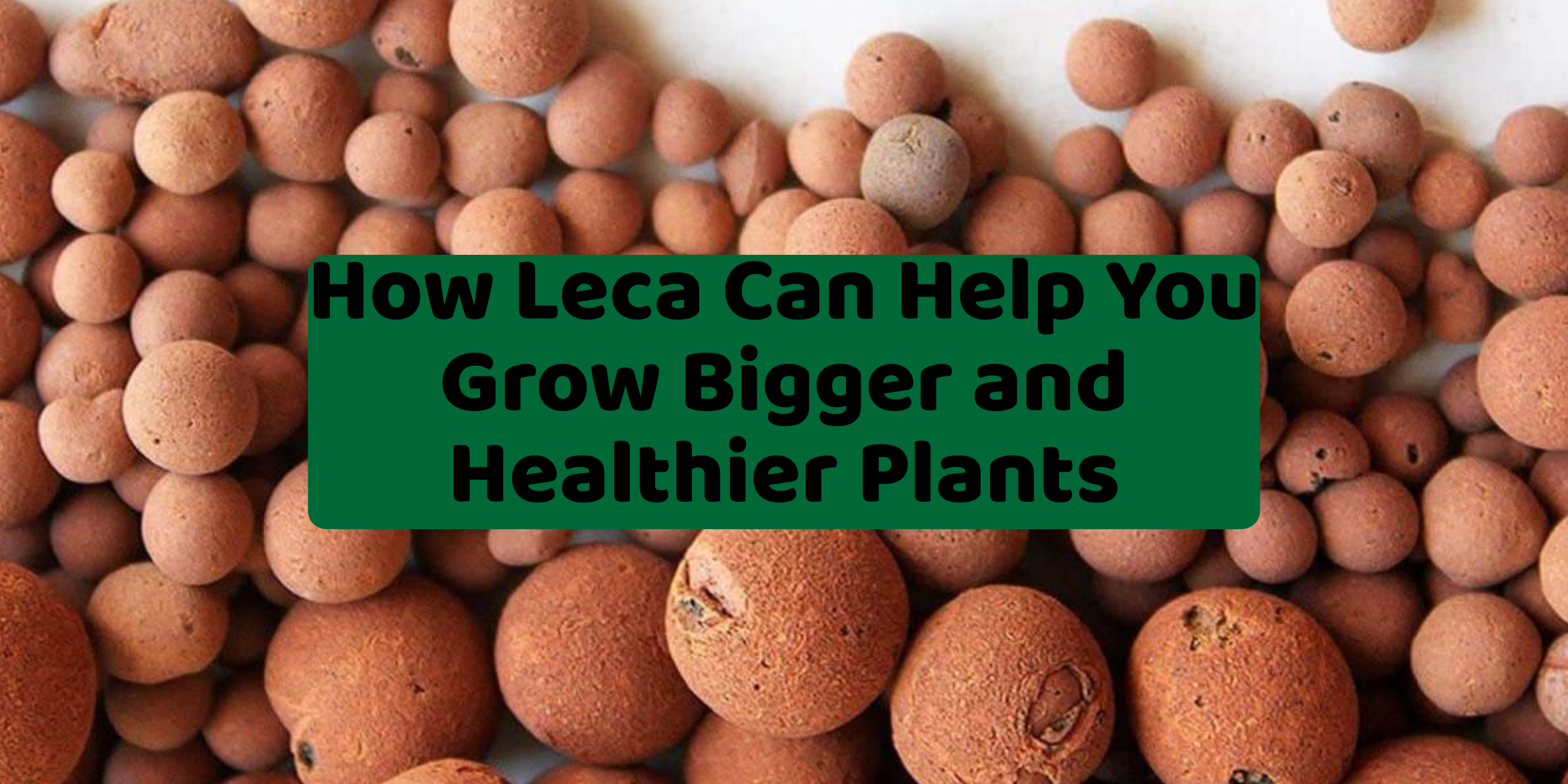At the core of every thriving plant lies a healthy rootzone. Root health is a crucial factor in plant growth and productivity, as it determines the plant's ability to absorb water, nutrients, and minerals from the soil. A plant with unhealthy roots is more susceptible to diseases and pests, and its growth and yield potential can be severely limited.
Optimum root health, on the other hand, offers a host of benefits to plants. A healthy root system allows for efficient uptake and transport of nutrients, leading to improved growth, quality, and yield. It also enhances the plant's ability to resist environmental stressors such as drought, high temperatures, and low nutrient availability.
To achieve and maintain an optimum rootzone, organic-based additives such as marine and plant extracts, fulvic acid, and humic acid can be utilized. These natural substances provide essential nutrients, promote microbial activity in the soil, and improve soil structure, all of which contribute to healthy root growth and function.
Marine and plant extracts are rich sources of micronutrients and trace elements, which are essential for plant growth and development. Fulvic acid is a powerful chelator, meaning it binds to and makes nutrients more available to plants. It also stimulates root growth and enhances nutrient uptake. Humic acid, on the other hand, improves soil structure and water retention capacity, leading to better root growth and function.
In the following sections, we will delve deeper into the benefits of these organic-based additives and explore how they can be used to promote optimum root health and boost plant productivity.
Understanding Root Zone and Its Importance
The root zone of a plant refers to the area of soil in which the roots grow and interact with the surrounding environment. This zone is critical to the health and growth of the plant, as it provides essential nutrients, water, and oxygen required for survival.
The importance of the root zone for plant health and growth cannot be overstated. A healthy root zone allows for efficient nutrient uptake, enabling the plant to grow and develop properly. Without a healthy root zone, the plant may become stunted or experience nutrient deficiencies, leading to reduced yield and quality.
The root zone also plays a crucial role in water absorption. Water is essential for plant growth, and the root zone serves as the primary interface between the plant and its water supply. A healthy root zone with well-developed root hairs and a good soil structure allows for efficient water absorption and retention, reducing the risk of water stress and improving plant growth.
In addition to nutrient uptake and water absorption, the root zone also serves as a site for various physiological processes such as hormone production and carbohydrate storage. These processes contribute to the overall health and vigor of the plant, and a healthy root zone is crucial for their proper function.
To maintain a healthy root zone, it is important to provide the plant with adequate nutrition, water, and oxygen. Organic-based additives such as marine and plant extracts, fulvic acid, and humic acid can help to promote a healthy root zone by improving soil structure and nutrient availability. Additionally, practices such as regular soil testing and proper irrigation can also contribute to the health of the root zone and the overall productivity of the plant.
Organic-based Additives for Root Health
Organic-based additives refer to naturally derived substances that are added to soil to enhance plant growth and root health. They are an important tool for farmers and gardeners who seek to grow healthy plants using sustainable and environmentally friendly practices.
Using organic-based additives is crucial for promoting root health, as they provide essential nutrients and improve soil structure. Unlike synthetic fertilizers and pesticides, which can have negative impacts on soil health and the environment, organic-based additives are safe and beneficial for both plants and the surrounding ecosystem.
One of the primary roles of organic-based additives is to improve soil structure. Organic matter such as plant residues and compost help to create a porous soil structure that allows for improved air and water circulation, promoting root growth and development. Additionally, the decomposition of organic matter releases essential nutrients and beneficial microorganisms into the soil, providing a rich source of nutrition for plants.
Marine and plant extracts are two types of organic-based additives that are commonly used to promote root health. These extracts are rich in micronutrients and trace elements, which are essential for plant growth and development. They also contain beneficial compounds such as cytokinins and auxins, which promote root growth and stimulate plant growth processes.
Fulvic acid is another organic-based additive that is highly beneficial for root health. It is a powerful chelator, meaning it binds to and makes nutrients more available to plants. Fulvic acid also helps to stimulate root growth, increase nutrient uptake, and improve overall plant vigor.
Humic acid is yet another organic-based additive that is widely used for promoting root health. It improves soil structure and water retention capacity, leading to better root growth and function. Humic acid also helps to increase nutrient availability, enhance soil microbial activity, and improve overall plant health.
Optimum Root Health and Plant Growth
Optimum root health refers to the ideal state of the root system, where it is able to efficiently absorb nutrients, water, and oxygen from the surrounding soil. It is the foundation of explosive plant growth, as it directly influences the plant's ability to develop properly and produce high yields.
Several factors can affect optimum root health, including soil type, pH levels, nutrient availability, and environmental stressors such as drought and disease. Maintaining a healthy root zone is critical for promoting optimum root health, as it provides the plant with the necessary resources to grow and thrive.
Maintaining optimum root health is essential for explosive plant growth. Plants with healthy root systems are able to absorb nutrients and water efficiently, leading to improved growth, quality, and yield. Additionally, healthy roots can better resist environmental stressors such as drought and disease, leading to improved plant health and overall productivity.
Nutrients play a crucial role in maintaining optimum root health. The root system requires a balance of macronutrients such as nitrogen, phosphorus, and potassium, as well as micronutrients such as iron, zinc, and manganese. Providing the plant with adequate nutrition is essential for promoting root growth and function.
Horticulture, or the science of cultivating plants, also plays a crucial role in maintaining optimum root health. Practices such as proper irrigation, fertilization, and soil management can all contribute to the health and vigor of the root system. Additionally, techniques such as grafting and pruning can help to promote root growth and improve plant productivity.
Achieving Explosive Plant Growth through Optimum Root Health
Optimum root health is a key factor in achieving explosive plant growth. When the root system is healthy and functioning properly, it can efficiently absorb nutrients, water, and oxygen from the surrounding soil, leading to improved growth, quality, and yield.
The benefits of optimum root health are game-changing for growers. Plants with healthy root systems are better able to resist environmental stressors such as drought and disease, leading to improved plant health and overall productivity. Additionally, healthy roots can lead to better nutrient uptake and improved water-use efficiency, reducing the need for fertilizers and irrigation.
Achieving optimum root health requires a combination of factors, including providing the plant with adequate nutrition, managing the root zone, and utilizing horticultural techniques. Organic-based additives such as marine and plant extracts, fulvic acid, and humic acid can be used to promote healthy root growth and improve soil structure. Additionally, proper irrigation, fertilization, and soil management practices can help to maintain optimum root health.
Consistent monitoring and maintenance of root health is also essential for achieving explosive plant growth. Regular soil testing can help to identify nutrient deficiencies or imbalances, allowing for targeted fertilization and improved nutrient uptake. Monitoring soil moisture levels and ensuring proper drainage can also help to prevent water stress and improve root health.
Diagnosing Root Health Issues
Identifying root health issues early on is crucial for maintaining healthy plants and maximizing productivity. Ignoring or delaying the diagnosis of root health issues can lead to irreparable damage to the plant, reduced yield, and even death. Here are some tips on how to identify common root health issues:
Root Rot: Root rot is a fungal disease that affects the roots of plants, causing them to rot and turn brown or black. It is usually caused by overwatering, poor drainage, or soil that is too wet. To identify root rot, look for wilting leaves, yellowing or browning of the leaves, or a foul smell coming from the soil. In severe cases, the roots may appear black and mushy.
Nutrient Deficiencies: Nutrient deficiencies occur when a plant does not receive the necessary nutrients for healthy growth. Common nutrient deficiencies include nitrogen, phosphorus, and potassium. To identify nutrient deficiencies, look for yellowing or browning of the leaves, stunted growth, or distorted plant growth.
Root Aphids: Root aphids are small, soft-bodied insects that feed on the roots of plants. They can cause stunted growth, yellowing of leaves, and wilting of the plant. To identify root aphids, look for white or gray aphids on the roots, a sticky residue on the plant, or a sooty mold growing on the leaves.
Root Knot Nematodes: Root knot nematodes are microscopic worms that feed on the roots of plants, causing them to swell and become knotted. This can lead to stunted growth, yellowing of leaves, and reduced yield. To identify root knot nematodes, look for swollen or knotted roots, stunted growth, or yellowing of leaves.
Wilting: Wilting is a common symptom of root health issues, and can be caused by a variety of factors, including overwatering, underwatering, nutrient deficiencies, or root damage. To identify wilting, look for drooping or limp leaves, yellowing or browning of leaves, or a general lack of vitality in the plant.
By identifying root health issues early on, you can take action to correct the problem before it becomes severe. Some ways to prevent root health issues include proper irrigation, regular soil testing, and using organic-based additives such as marine and plant extracts, fulvic acid, and humic acid to improve soil structure and nutrient availability.
Treating Root Health Issues
Treating root health issues depends on the specific problem and its severity. Here are some treatment options for common root health issues and steps to follow:
Root Rot: To treat root rot, it is important to improve drainage and reduce watering. Remove any affected roots and repot the plant in fresh soil. Apply a fungicide to the soil and follow the instructions carefully. To prevent root rot in the future, avoid overwatering and improve soil drainage.
Nutrient Deficiencies: To treat nutrient deficiencies, apply a balanced fertilizer according to the instructions. It is important not to over-fertilize, as this can lead to other issues. To prevent nutrient deficiencies in the future, regularly test the soil and adjust fertilization as needed.
Root Aphids: To treat root aphids, apply a systemic insecticide or use beneficial insects such as ladybugs or parasitic wasps to control the population. It is important to follow the instructions carefully and repeat the treatment as needed. To prevent root aphids in the future, practice good sanitation and avoid overwatering.
Root Knot Nematodes: To treat root knot nematodes, apply a nematicide to the soil according to the instructions. It may also be helpful to plant nematode-resistant crops in the affected area. To prevent root knot nematodes in the future, rotate crops and practice good sanitation.
Wilting: To treat wilting, it is important to identify and correct the underlying issue. This may involve adjusting watering or fertilization, addressing root health issues, or dealing with pests or diseases. To prevent wilting in the future, practice good plant care and regularly monitor plant health.
To prevent root health issues from recurring in the future, it is important to practice good plant care. This includes regular watering, fertilization, and soil testing, as well as proper sanitation and pest management. Using organic-based additives such as marine and plant extracts, fulvic acid, and humic acid can also help to improve soil structure and nutrient availability, promoting healthy root growth. Additionally, rotating crops and avoiding overwatering can help to prevent root health issues from occurring in the first place.
Frequently Asked Questions (FAQs)
Q: What is the role of root zone in plant growth?
The root zone plays a crucial role in plant growth by providing essential nutrients, water, and oxygen required for survival. A healthy root zone allows for efficient nutrient uptake and water absorption, leading to improved growth, quality, and yield.
Q: What are organic-based additives, and why are they important for root health?
Organic-based additives are naturally derived substances that are added to soil to enhance plant growth and root health. They are important for promoting root health as they provide essential nutrients and improve soil structure. Unlike synthetic fertilizers and pesticides, organic-based additives are safe and beneficial for both plants and the surrounding ecosystem.
Q: What are the benefits of using marine and plant extracts for root health?
Marine and plant extracts are organic-based additives that are rich in micronutrients and trace elements, which are essential for plant growth and development. They also contain beneficial compounds such as cytokinins and auxins, which promote root growth and stimulate plant growth processes.
Q: What is fulvic acid, and how does it benefit root health?
Fulvic acid is a powerful chelator that binds to and makes nutrients more available to plants. It also stimulates root growth, increases nutrient uptake, and improves overall plant vigor.
Q: What is humic acid, and how does it benefit root health?
Humic acid improves soil structure and water retention capacity, leading to better root growth and function. It also increases nutrient availability, enhances soil microbial activity, and improves overall plant health.
Q: What is optimum root health, and why is it important for plant growth?
Optimum root health refers to the ideal state of the root system, where it is able to efficiently absorb nutrients, water, and oxygen from the surrounding soil. It is important for explosive plant growth as it directly influences the plant's ability to develop properly and produce high yields.
Q: How can I achieve optimum root health?
To achieve optimum root health, it is important to provide the plant with adequate nutrition, manage the root zone, and utilize horticultural techniques such as grafting and pruning. Organic-based additives such as marine and plant extracts, fulvic acid, and humic acid can also be used to promote healthy root growth and improve soil structure.
Q: Why is consistent monitoring and maintenance of root health crucial for plant growth?
Consistent monitoring and maintenance of root health is crucial for plant growth as it allows for early detection and prevention of nutrient deficiencies, diseases, and pests. Regular soil testing, monitoring soil moisture levels, and ensuring proper drainage are all important for maintaining healthy root systems and promoting plant growth.

